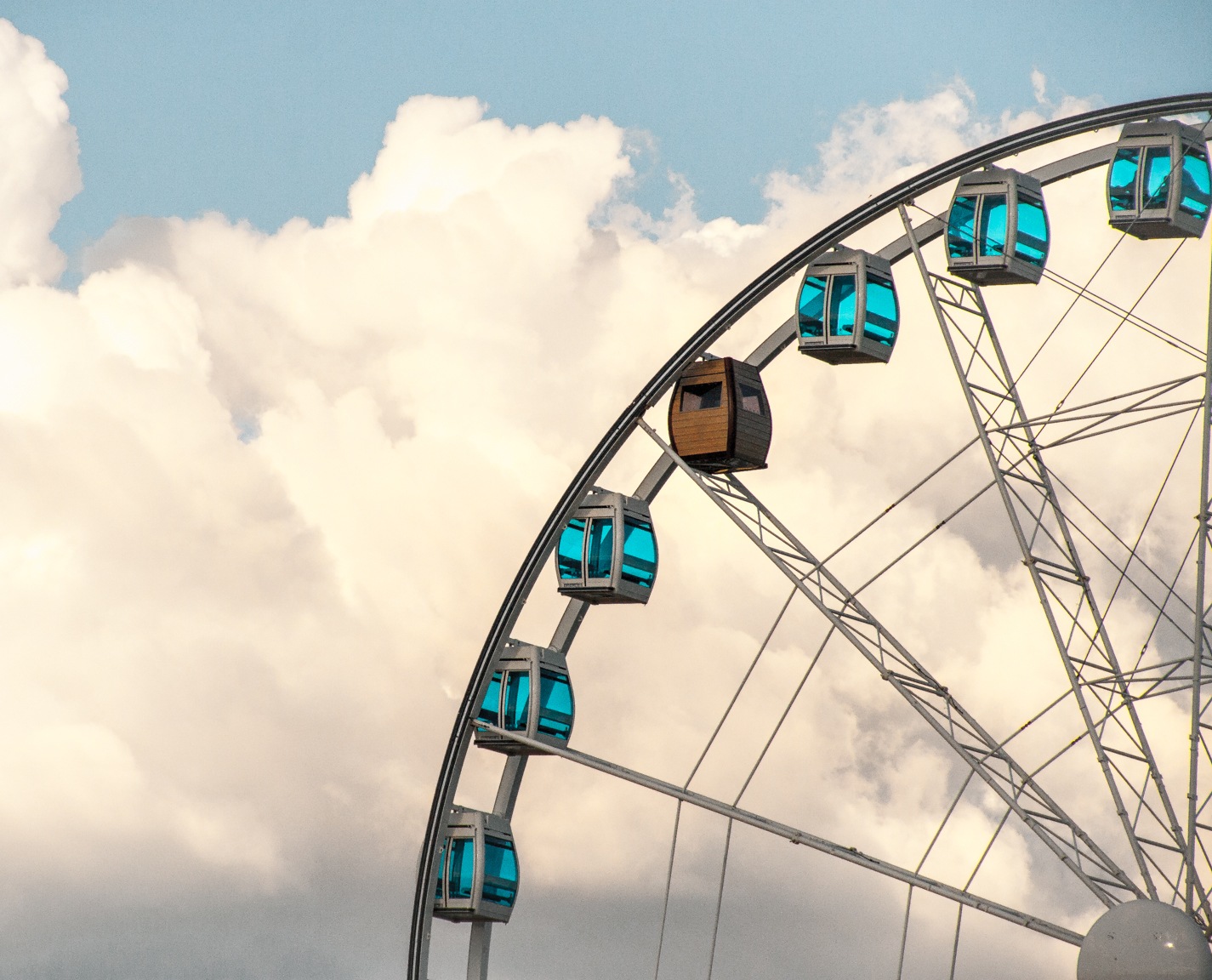Finland has been announced once again as the happiest country in the world, but in Finland, it’s just another day. In late March it means that it’s a grey day and raining, but all of the snow still hasn’t melted. Most likely, the rain will turn into snow by nightfall.
I check Twitter, where people are talking about the World Happiness Report, in hopes of finding any happy Finns.
It’s a joke – everyone here knows you only go to Twitter to complain about things.
But I’m persistent. What makes Finns happy today?
I find some answers. Family, nature, and freedom. Walks in the forest, safety. Having a roof over your head. Being healthy, living in peace. Good education, safe food.
Sounds like we Finns live and breathe Maslow’s hierarchy of needs, and when the pyramid has a solid foundation, there is some happiness on the top too.
“Being born in Finland is like winning a lottery” is a Finnish saying that I quite didn’t understand before living in other countries.After 20 years of living in other countries, I moved back to Finland five years ago because now I agree. As a kid, I was like any other Finn and did not really understand what the fuzz was about. So I traveled and moved around the world for 20 years trying to find something better, but because I didn’t find it, I came back. The infrastructure, the way things are taken care of, the basics for our well-being – they are all just taken care of in Finland. And it’s not like I had bad countries to experience – ten years were in the USA and then some years in Germany, Canada, and Sweden. All great countries, where I was happy. They just not felt quite the same as in Finland. Finnish happiness is not being over-the-top happy or excited. It’s more of being content, and focusing on making everyday life a little bit better than grand gestures or experiences of a lifetime.
But can you be happy without showing you are happy?
I guess I am questioning this a little bit because when I walk around Helsinki, I don’t see many “happy people”. Actually, when I smile, and open a door to someone, I am usually thanked in English (not in Finnish), because something in my mannerism must say that I am not a real Finn. Public places are not loud with laughter, and well, everything is just calmer. Every day “happiness” is rare to find, Finns don’t do small talk, and the nation’s favorite pass time is complaining. Actually one of the biggest differences between the culture here and in many other countries where I have lived in is the complaining. Even if things are generally OK, Finns complain much more.It is not really even seen as complaining, but just being honest about things when they are not that perfect.And that’s why Finns don’t just complain, they take the initiative to fix things. And we have been taking improving things like gender equality, paid vacation days, free university education, inexpensive (practically free) public health care, and an excellent public transportation system very seriously for a very long time.
Ah. That’s it. Finns are not complainers really, we are fixers.When things go wrong or are not quite perfect, the average American is much more likely to find a silver lining than the average Finn is. But Finns – we are willing to fight to the end to get something fixed for the better. And Finns don’t do it for the glory or for the thanks, but because it’s the right thing to do. Finnish greatness often goes unnoticed, and even now when the global attention to our happiness is being noticed, we’d rather not make too much noise about it.
Does having money matter in happiness?
The statistics used in the World Happiness Report focus on economics and the rational side of what people do: what they spend, how much they make, and whether they have a job. But traditional metrics like these might not tell us much about people’s happiness. They say more about well-being and economic wealth. But compared to everyday life in many other Western countries, the average Finn doesn’t seem that well off. We live in small houses, we drive old cars or take the bus, read library books for free, and lavish lifestyles don’t really exist here (Finnish luxury is drinking sparkling wine wearing handmade wool socks, and watching a lake or sea view in the middle of nowhere). We are content and happy in a different way. The difference is that in Finland our kids go to school for free (even university), eat a free lunch, get a child allowance from the government, and our health care costs pennies or is free. The everyday worries people have here are very different than in many other countries. Honestly, it’s not the people, it’s not the weather, it’s not the disposable income we have that makes us Finns as a nation happy. It’s the infrastructure of putting the collective content ahead of individual or corporate happiness. Money matters, but seems like when it comes to happiness it matters more what governments do with the money than individuals. I don’t know if there are any lessons people can take from the Finnish way of life to improve overall happiness in the same context as the World Happiness Report. Honestly, I feel a lot of it has to do with politics and infrastructure, and that opens a whole other conversation that is much more complex than building a social welfare system.Perhaps you can try these very Finnish ways of a happy life:
- Spend time in nature, even if it is just a walk in a park.
- Be honest about your feelings, and say what you mean, it builds deeper relationships with people.
- Remember to have coffee breaks during your work day (or tea works too!), and actually stop working for a while to enjoy your hot drink or snack.
- Work less, and spend more time with people you care about. That also includes not working on the weekends, and keeping long holidays or parental leaves.
- Have different sensory experiences. Swim in ice-cold water, or sit in a hot sauna. There is scientific evidence they do good for you.

